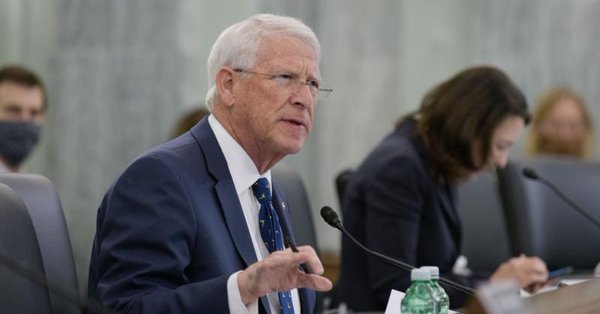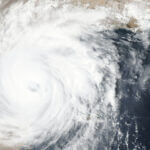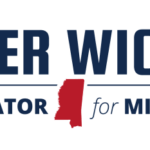Wicker: Praises relief efforts following tornadoes
State Leaders Will Support Mississippi for the Long Haul
Like many Mississippians, I was glued to my TV late on March 24, as violent storms raged across our state from the Mississippi River to the Alabama line. By 9 in the evening, I had learned about the damage sustained by residents of the lower Delta, particularly Rolling Fork. I began to reach out to friends there and their relatives. When the killer system moved into Monroe County, I watched with thousands as meteorologist Matt Laubhan said a brief, earnest prayer for Amory and exhorted viewers to take caution.
By the time I reached Amory with the governor and his MEMA director the next day, the damage was profound, but so was the resolve of the community. By mid-afternoon, the cleanup had already been underway for hours. Seemingly, every chainsaw in Northeast Mississippi had been put to use, and neighbors were tending to neighbors.
The same kind of heart and can-do spirit was in evidence Sunday in Rolling Fork, when the Secretary of Homeland Security and the Administrator of FEMA joined the governor and members of our congressional delegation for an inspection of that small town. In the midst of pain and loss, there was a spirit of thankfulness and determination. I heard stories of prayer and survival. One elderly resident whose home had been reduced to rubble told about being comforted by “three angels” – actually storm chasers who immediately became rescue workers.
The governor requested federal assistance, and the entire delegation promptly endorsed the petition to President Biden. Thankfully, the president approved it quickly Saturday night, unlocking significant federal resources for our recovery. I welcome the president and First Lady’s travel to Mississippi to visit impacted towns.
How Mississippians Can Get Support
The governor’s request to President Biden was an important step for Mississippi’s recovery. The disaster declaration provides individual and public assistance to Carroll, Humphreys, Monroe, Montgomery, Panola, and Sharkey counties and support for hazard mitigation statewide. FEMA can help with temporary lodging costs, basic home repair expenses, and more. The state is also deploying significant resources. The Mississippi Emergency Management Agency (MEMA) is on the ground in several counties, and the agency’s website has the latest information for small businesses, individuals, and volunteers.
In addition to the government, I have been encouraged by the individuals and private organizations who have stepped up. The Red Cross maintains a list of shelters on its website. Samaritan’s Purse is clearing debris. Churches have been delivering hot meals and toiletries. A barn builder from south Mississippi has even pledged equipment, materials, and a crew to construct a facility to store all the equipment relief teams have brought. For all these good neighbors, we are grateful.
Preparing for the Next Disaster
Unfortunately, our state is no stranger to this kind of disaster. In the Senate, I have prioritized legislation to improve severe weather alerts, harden our infrastructure, and help homeowners who have suffered property damage from storms and floods. Most recently, the president signed into law two bills I introduced to help forecast floods, hurricanes, and tornados. I will continue pushing for changes that improve public safety and aid our disaster response.
Some of the damage will take years to undo, but we have been through difficult times together before. In times like these, we rally around each another and come through hardship stronger than ever.
The Weekly Report of Sen. Roger Wicker, and provided by the Senator’s office.




